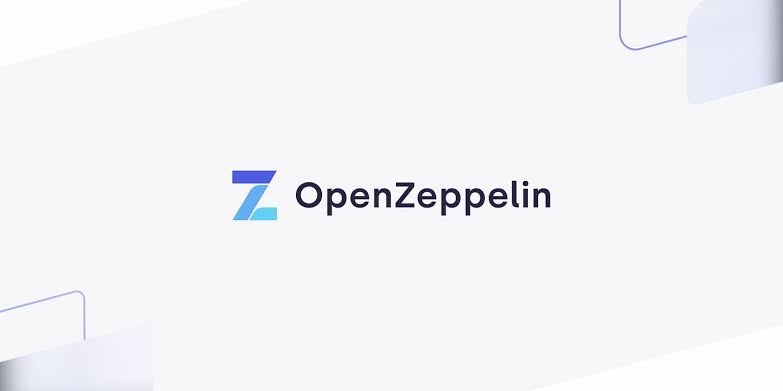
OpenZeppelin Drops isContract Function for Enhanced Adaptability
OpenZeppelin eliminates the isContract function, fostering a shift in the Ethereum ecosystem toward greater adaptability and enhanced user experiences.
Service for smart contract development OpenZeppelin recently eliminated a frequently used smart contract function called isContract to advance the ecosystem toward greater flexibility and enhanced user experiences.
isContract returns accurately if an Ethereum (ETH) address belongs to a smart contract account instead of an externally owned account (EOA).
Numerous developers of decentralized applications (dapps) rely on it for security purposes, such as preventing malware from minting non-fungible tokens (NFTs).
However, as the co-founder and CEO of Ambire Wallet, Ivo Georgiev, pointed out, using isContract destroys compatibility with account abstraction wallets such as Ambire, Argent, and Safe.
These wallets use smart contracts to administer their users’ funds while hiding complexity from the user.
According to Georgiev, there are more effective methods to prevent problems such as NFT-mining abuse and security vulnerabilities.
IsContract has contributed to the misconception that smart contracts cannot function as user accounts.
In response, OpenZeppelin eliminated the function that required developers to reevaluate their assumptions regarding smart contracts and user accounts. This controversial action may hasten the adoption of account abstraction and its associated advantages.
Misha, the developer of Safe, a decentralized custody protocol formerly known as Gnosis Safe, highlighted legitimate use cases of isContract, such as ensuring that added Safe modules are valid contracts.
However, Georgiev argued that there are superior solutions that do not preclude essential account abstraction methods.
The OpenZeppelin documentation emphasizes that isContract should not be relied upon as the sole determiner of contract or EOA status. According to him, clever programming can enable bots to yield false positives and negatives.
This debate represents a significant move forward as Ethereum developers reevaluate obsolete assumptions and sow the seeds for the next generation of user-friendly decentralized applications.
The elimination of isContract compels developers to find alternate solutions, ultimately benefiting end users by preventing discrimination against abstracted accounts.





